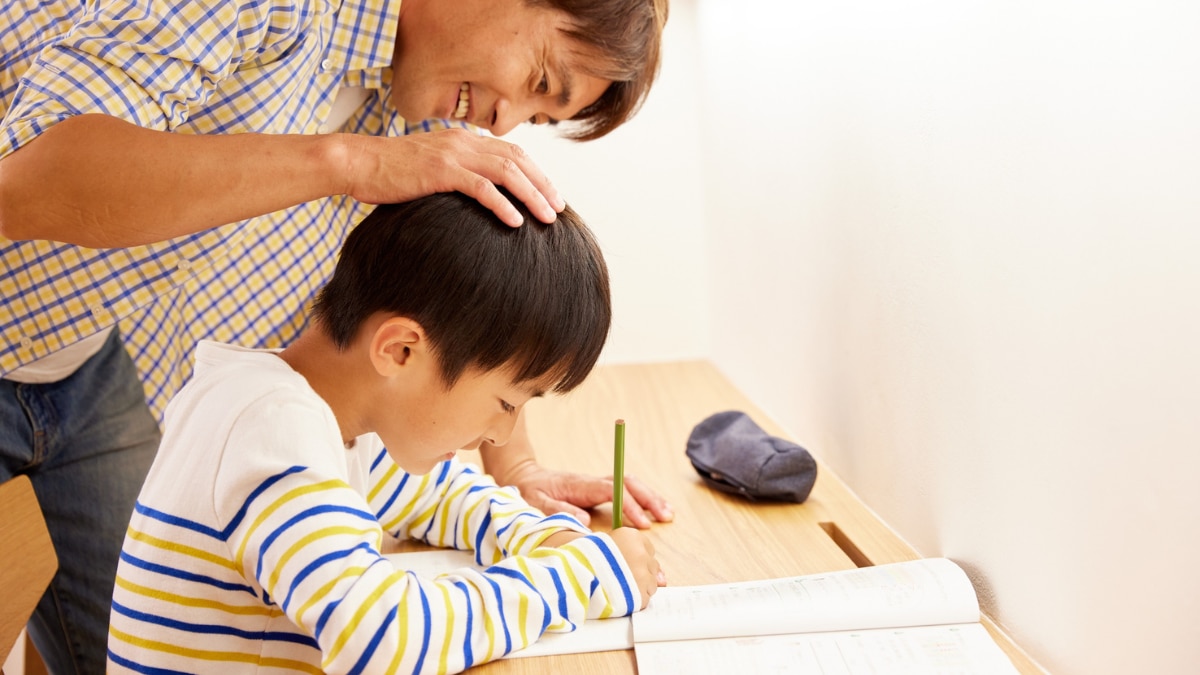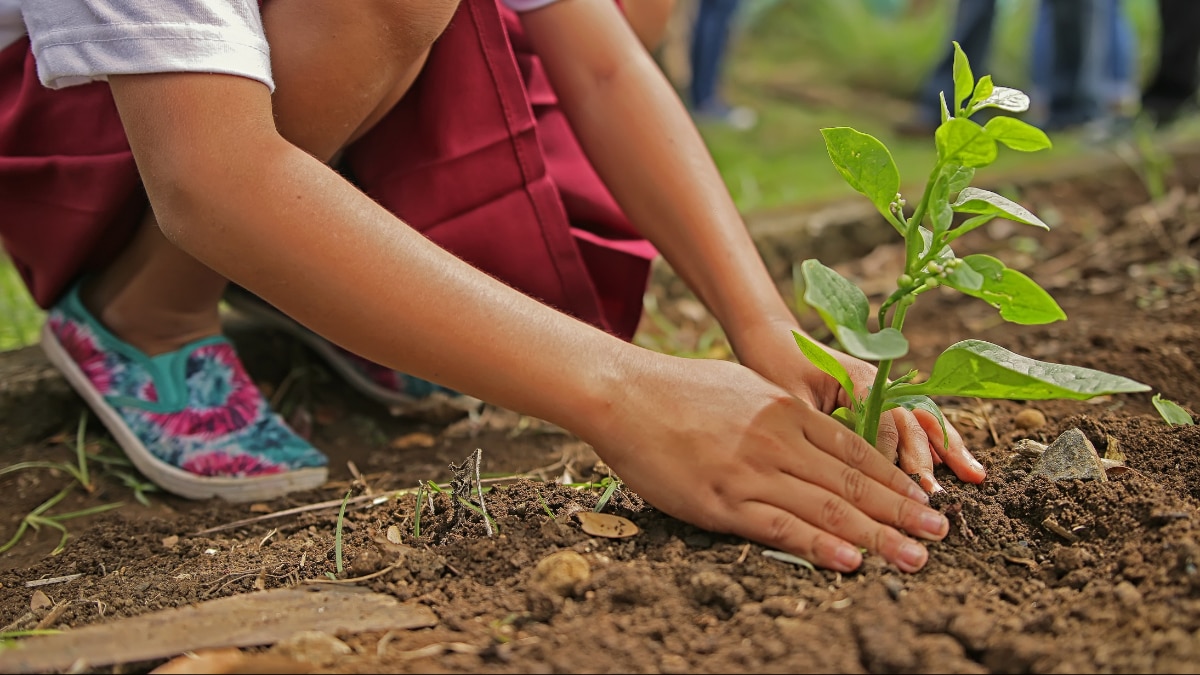6 Hacks That’ll Make Your Kids Love Studying—Without Pressure
Getting children to enjoy studying, without nagging, shouting, or stress, is every parent's dream and challenge. With screens taking over attention spans and exam stress kicking in early, many kids associate studies with pressure. But what is learning can be fun, exciting, and stress-free?
From gamifying concepts to setting the right environment and offering genuine praise, these six tips are effective. Whether your child is in primary school or approaching teens, these strategies work across age groups, and will also strengthen your bond with them.
Here are six smart and simple parenting hacks that can ignite your child’s interest in studying and help them build healthy, lifelong learning habits. Each tip is backed by real-world logic, not pressure.
ALSO READ: These 7 Habits Can Unlock Academic Success And Confidence In Students
1. Turn Lessons Into Games
 (Image Source: Canva)
(Image Source: Canva)
Children love playtime, so why not blend it with learning? Gamifying the leaning process with make it instantly more appealing. Simple ideas like quiz battles with parents or siblings, treasure hunts with clues based on textbook concepts, or point-based rewards for completing a topic make studying fun. When study time feels like a game, children stay engaged longer and retain more information. This approach also encourages self-learning and improves attention span over time. The key is to add an element of surprise, play, and reward. When kids associate learning with play, they become less resistant and more excited to participate. This also triggers dopamine which reinforces positive emotions around studying without pressure or fear.
2. Create A Fun And Distraction-Free Study Area
 (Image Source: Canva)
(Image Source: Canva)
A quiet and well-lit space that's just for studying can make a huge difference. Decorate it with inspiring quotes, your child's artwork, or a colourful calendar. Let the area reflect your child's personality. Keep it clutter-free but creative. You can add a small whiteboard for doodles or a pinboard for stickers. Keep gadgets and TV away during study time to minimise distractions.
Letting them have a say is also extremely crucial. When kids have a say in where and how they study, they feel more involved and in control. A well-designed and child-approved space makes studying feel special rather than forced. This dedicated space can help build a routine and signal the brain to focus
3. Set Small, Achievable Goals
 (Image Source: Canva)
(Image Source: Canva)
Kids have shorter attention spans, especially in the age of digital distractions. Instead of long, stressful hours, break the study routine into short 20–30 minute focused sessions. This technique helps reduce burnout and improves concentration. Combine these sprints with a fun reward, like choosing the next study subject or getting extra playtime later. It will reinforce a positive learning behaviour. The key here is consistency over intensity, and that’s exactly what these mini-study blocks achieve.
Children thrive when expectations are realistic and progress feels visible. Over time, they’ll learn self-discipline and goal-setting organically, without fear or frustration.
4. Use Praise And Encouragement The Right Way
 (Image Source: Canva)
(Image Source: Canva)
One of the biggest mistakes adults make is only praising high marks or perfect answers. This builds pressure and fear of failure. Instead, focus on praising effort, consistency, curiosity, and problem-solving. Avoid generic praise like “You’re so smart.” Instead, be specific: “You solved that maths problem all by yourself, great effort!” This encourages a growth mindset. Encouraging effort over outcomes also reduces anxiety and academic pressure, making kids more resilient and self-motivated in the long run.
When children are appreciated for the effort they put in, not just the result, they begin to value hard work and persistence. Avoid comparing them to other children as every child learns at their own pace. Small rewards, verbal encouragement, and hugs go a long way in making children feel emotionally safe during study time. The more supported they feel, the more likely they are to enjoy studying.
5. Connect Studies To Real Life Situations
 (Image Source: Canva)
(Image Source: Canva)
Help children see how what they study connects to the real world. Learning fractions? Let them slice a pizza. Studying about plants? Go out and identify them in your local park. This practical approach grounds learning in reality and answers the dreaded question: “Why should I even learn this?
Use everyday experiences as examples. This not only boosts understanding but also strengthens the bond between you and your child. When they see the purpose of studying, they stop resisting it. When learning extends beyond books, kids begin to enjoy studying as a life tool, not just a school requirement.
6. Involve Kids In Planning Their Study Time
 (Image Source: Canva)
(Image Source: Canva)
Let your child choose when they want to study. Give them a say in what subject to study first or how long the session should be. When kids feel they’re part of the decision-making process, they take ownership of their schedule. This builds accountability, independence, and time management skills, that too without any strict control. Use colourful planners, sticker charts, or digital reminders to help them stay on track. Remember, it’s about building habits, not forcing rules.
education